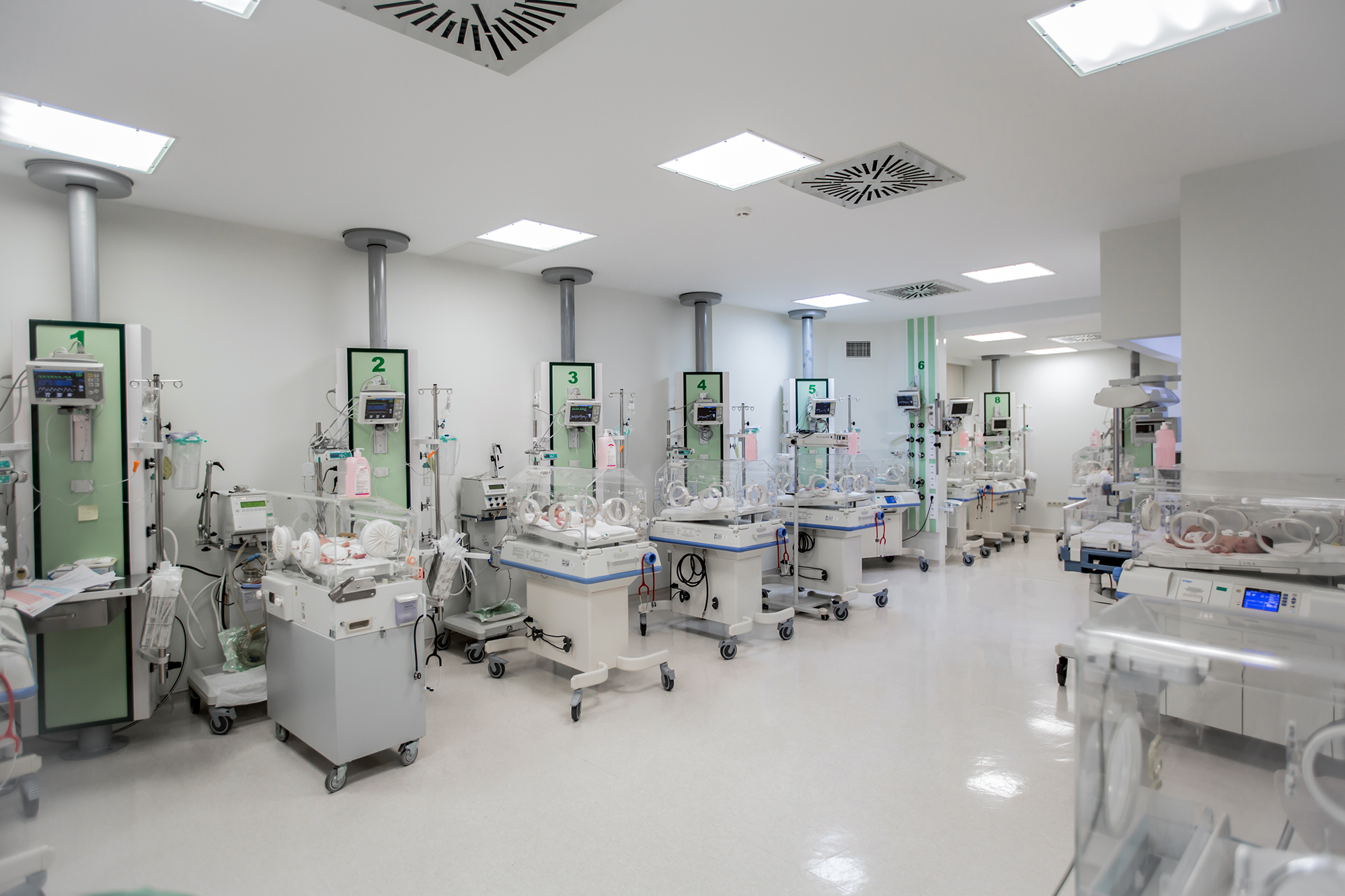The First Coast has seen a marked increase in its infant mortality rate.
A report released Tuesday by the Northeast Florida Healthy Start Coalition shows infant deaths rising almost 19% from 2022 to 2023, although they have decreased by 8.6% over the past five years. The decline is due in part to fewer deaths from Sudden Unexplained Infant Death Syndrome, or SUIDS.
Some 6.4% of all infant deaths in Northeast Florida — Baker, Clay, Duval, Nassau and St. Johns counties — are due to sleep-related issues, according to data released earlier this month. That’s higher than the national average of 5.5% and above Florida’s 6%.
More than 3,500 babies under the age of 1 die in sleep-related incidents nationally each year, health officials say.
Medical experts, child safety advocates and police in Northeast Florida launched an effort this month to educate parents about the safest way to put infants to sleep — in a crib, alone on their back without any items in the bed.
Another significant contributor to infant death is maternal health problems, including stress caused by things like domestic violence and food insecurity, experts say.
Dr. Janet Dukes, action plan coordinator for the Fetal Infant and Mortality Review, says many women are constantly stressed out.
“Worrying about bills or worrying about food or worrying about all these things and never having that opportunity to go and hang out and zone out with friends afterwards, that’s the life of some of those women, and if you’re carrying a baby, it’s impacting that baby on a day-to-day basis,” Dukes said.
Research shows a large racial disparity when it comes to the effect of stress on pregnancies. Black women in the region are three times as likely as white women to suffer the loss of an infant before his or her first birthday.
This story has been updated to correct inaccurate statistics. Infant deaths have not increased over five years; they have decreased.







